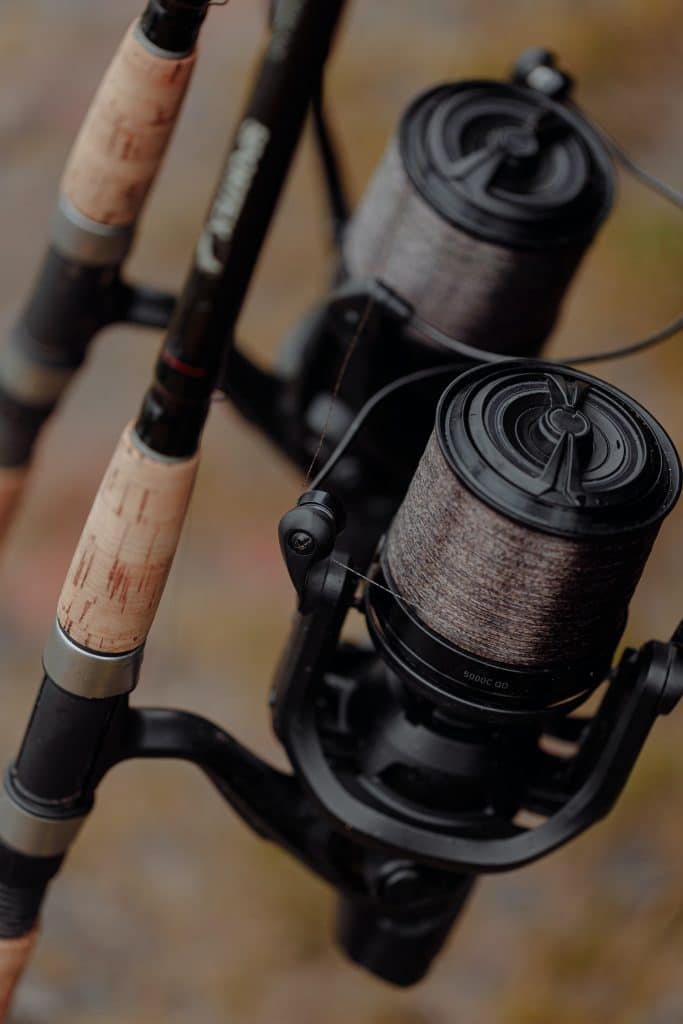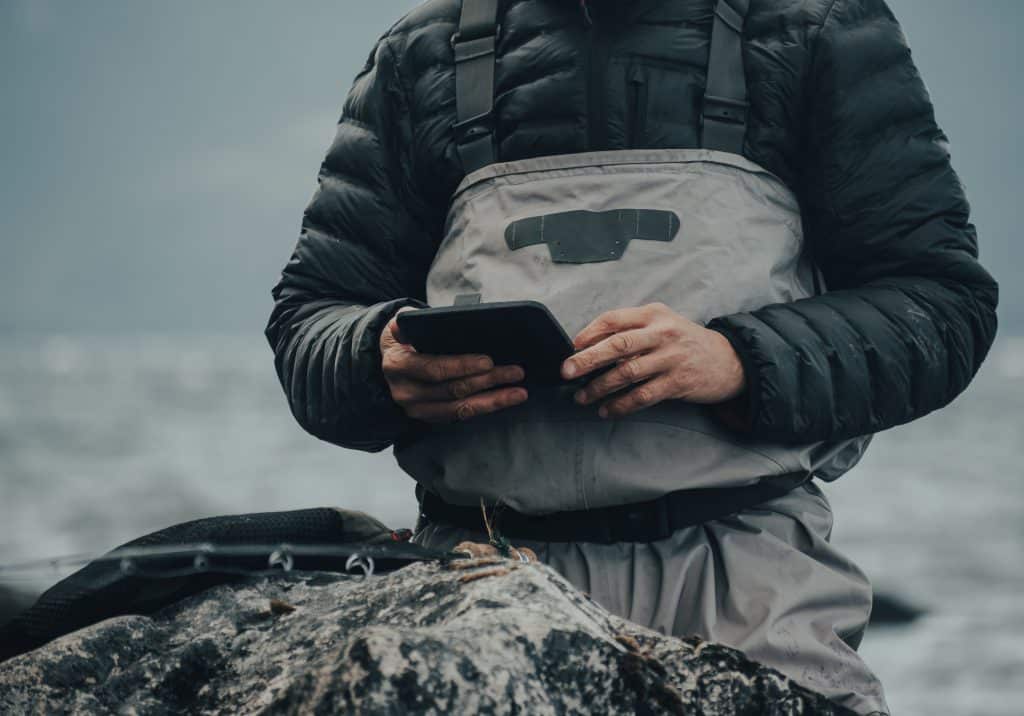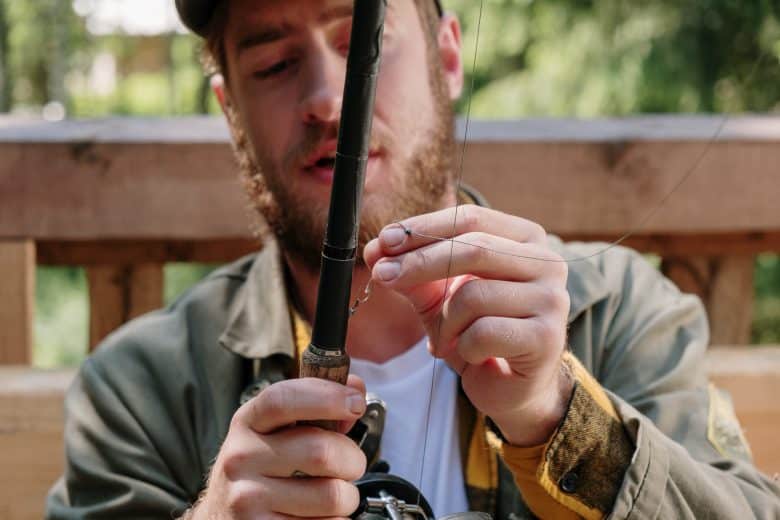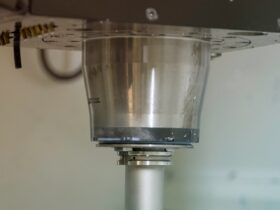Fishing is a famous pastime for adults. For some individuals, it is the perfect hobby for their leisure. Fishing is one of the best outdoor activities.
People feel very passionate about fishing and enjoy it. It is something involving proper concentration and patience.
Whether you are fishing in saltwater or freshwater, angling is the best and universal method. It is one of the oldest ones too. Every person admires this method.
A study done between November 2018 and November 2019 in the UK shows that approximately 102 thousand people participated in angling.
Fishing can sometimes be addictive. Once you get the real fun of it, you will get yourself hooked. When you successfully bring a fish out of the water, you feel rewarded. Our reward circuit then leads us to the addiction.

So, what makes you a good angler?
Enough idea about the tools and their uses makes you a good angler. A combination of good tools and required ones can make you good in the water.
What are the different fishery tools?
Whether you are a professional angler or a newbie, having a decent idea about the tools and their uses is what makes you better. Let’s dive straight into the different fishing tools.
08 Fishing tools a professional angler use
Well, we have researched the most useful 08 types of fishing tools for a professional angler user. If you want to make your fishing experience memorable, you should keep these tools with you. It will be a lot easier to catch fish with these tools. Let’s check out each tool we have collected for you.
Tool 01: Fishing Rod
When it comes to angling, it is impossible without one thing, a fishing rod. This one is the primary tool.
The first and foremost thing is to choose the rod wisely.
If it breaks apart while wobbling, the whole effort of yours will be gone. The built quality should be tough and durable. There are different types of rods for various fishing methods. We should choose it according to the fishing condition.
Tool 02: Fishing Line
The fishing line is also one of the primary elements in angling. Fishing lines are composed of different materials.
One of the key benefits is they become nearly invisible in the water.
Choosing a fishing line also depends on the type of fishing. There are different fishing lines for freshwater and saltwater. It also depends on the category and the size of the fish.
Monofilament lines can be the best to get started. We need to consider the range we want to achieve. According to that, we will choose the length of the line.
Tool 03: Reel
The reel is the angling gear attached to a fishing rod used for stowing and winding the lines.
Lines stay wrapped on a center rotating rod, which makes the stowing operation handy.
For a beginner, it is wise to choose a fishing rod and line combo.
One of the most durable and comfortable brands is the “Penn fierce reel,” available in various ranges. Almost everyone can get used to this brand easily. Also, the beginners can give it a try.
Ease of use makes a reel good in quality.
Tool 04: Tackle
For a beginner angler, there are three tackles they must use
- Hooks
The principal role player in catching a fish is a hook. When pulled, it impales into the fish mouth and brings it to you.
For a beginner, it is wise to choose a snelled hook. It is easily attachable to a swivel snap.
- Weights
Weights used to cast more distance. The hook and the lure are not so heavy when combined. Weights help to reach a good range when correctly thrown.
- Floats
We can barely find an angler who started fishing without floats. It is a multipurpose tool for everyone. It helps to keep the bait off the bottom surface of a lake.
It also works as a strike indicator. Whenever the fish impales its mouth on the hook, it starts pulling the float, creating a rapid movement to detect the strike.
We are very good at detecting movement inside our peripheral vision. So, using floats works better.
Tool 05: Lures
Using a lure during bait fishing helps a lot. There are different lure manufacturers and different types. Experimenting with a variety of lures can make you better at different situations.
The most common lure types include soft plastic, spinnerbaits, and top-water lures.
Tool 06: Landing Nets
Landing nets become valuable for the angler who fishes from a boat. Anglers can scoop the fish from the top surface of the water to the fishing boat faster.
The goal is to retrieve the fish much easily from the water.
To choose a suitable net, we first have to think about the fish size and type. The toughness of the material is also essential.
Foldable landing nets are the best choice.
Tool 07: Multi-tool
Keeping a multi-tool is always helpful. You don’t know when you will be in a situation to fix some minor equipment issues.
It becomes effective in a condition like cutting an entangled fishing line, tighten a screw on your fishing reel.
Minor technical are fixed easily with a multi-tool.
Tool 08: Super Glue
Professional anglers use super glue to prevent knots from slipping. Simply gluing knots with a drop of super glue makes the knot strong and tougher to break.
Some precautions are needed while using super glue. Try to avoid eye contact, irreversible damage will happen to your eyes, and you can lose sight.
Avoid skin contact. Once super glue reaches your skin, it is pretty hard to remove.
Bonus Tip:

It is better to keep a backpack tackle kit with you. You can easily carry the tools around. Most importantly, it will keep various stuff organized.
It gives angler flexibility to move around with all the tools needed, keeping them in an organized way so that anyone can find the necessary tools easily.
Fishing deals with patience. If you don’t want to screw things up, it’s better to get organized.
Choosing a backpack depends on the items you often use.
Final Words
Professionalism comes from knowledge and experiences. When there are some tools involved in that job, it requires enough knowledge about their uses.
Then someone can combine the knowledge and tool in the best possible way to get the desired result pretty quickly.
I hope that now you have an idea on what are the different fishery tools and their uses.
Now you can choose your set of tools and get started. Best of luck!














Leave a Reply